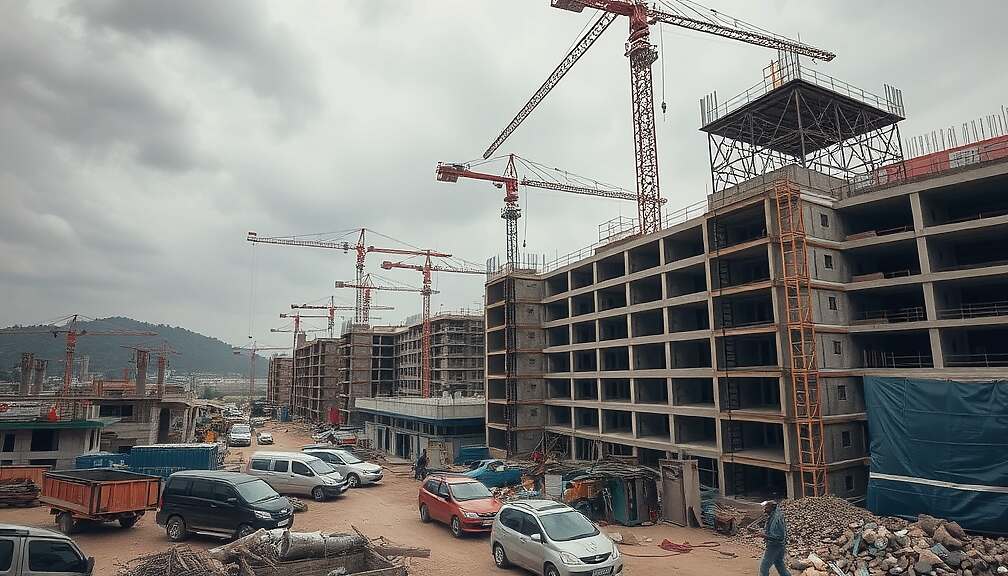The German Bundestag has approved a controversial legislative package, dubbed the “Construction Accelerator” aimed at drastically speeding up housing construction across the nation. The move, pushed through by the ruling coalition, has drawn criticism from opposition parties and concerns from regional authorities regarding its potential environmental and social consequences.
The core of the legislation centers on amending the German Building Code (BauGB) with a new Paragraph 246e, granting municipalities the power to significantly relax building regulations. This would allow for the construction of additional housing units with a streamlined approval process, potentially leading to permits within just three months, bypassing the traditionally lengthy and complex process of revising development plans. Furthermore, alterations to Paragraph 31 of the Building Code would permit increased residential density, allowing for upwards extensions of existing structures, construction in rear rows and even the addition of housing on top of existing commercial buildings-measures previously restricted by zoning regulations.
Areas designated as ‘unplanned’ and even the periphery of urban centers would see expanded opportunities for new residential development, a move proponents argue is vital to addressing the severe housing shortage. The legislation also seeks to ease restrictions around noise pollution, allowing for deviations from technical guidelines in certain circumstances to facilitate housing closer to industrial and commercial zones. While the coalition insists that municipalities retain their planning authority, critics argue this represents a significant erosion of local control over development. The “Construction Accelerator” is slated for a five-year term, a deliberately limited timeframe intended to gauge its effectiveness and impact.
Protecting tenants from displacement remains a declared priority, with the legislation extending “conversion protection” – which prevents the easy transition of rental apartments into owner-occupied properties – by five years in areas with high housing demand. This seeks to safeguard vulnerable renters from being priced out of their neighborhoods.
However, the Bundesrat (Federal Council), representing the German states, is expected to raise significant objections when it votes on the legislation next week. Concerns are focused on ensuring adequate levels of noise protection are maintained and safeguarding agriculturally vital land, especially considering the geopolitical climate and the increasing strain on food production due to climate change.
Opposition parties, most notably the Left party, have vehemently condemned the “Construction Accelerator” as a measure designed to fuel land speculation rather than to create affordable housing. They warn of uncontrolled sealing of farmland and green spaces, leading to unsustainable urban sprawl and the loss of public spaces. Furthermore, the weakening of municipal planning authority remains a central point of contention. The debate underscores a growing divide within German society regarding the balance between accelerating housing construction and protecting the environment and local communities.












